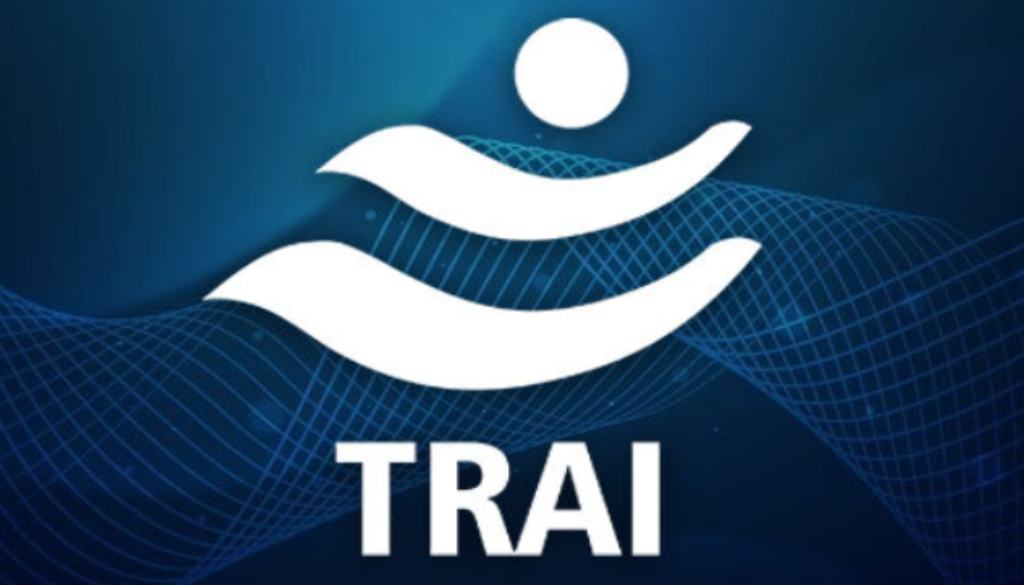TRAI Proposes Charges for Mobile and Landline Numbers to Manage Telecom Resources

New Delhi, 13th June 2024: The Telecom Regulatory Authority of India (TRAI) has put forth a proposal to introduce charges for mobile and landline numbers, citing them as valuable public resources with limited availability. According to TRAI’s consultation paper [https://x.com/TRAI/status/1798940350704480540] on 6th June 2024, this move is deemed necessary due to advancements in communication technologies such as 5G networks, machine-to-machine communication, and Internet of Things devices. These developments have prompted TRAI to review the current numbering system to ensure efficient allocation and usage of these resources.
India’s telecommunications landscape has undergone significant transformation, driven by technological advancements, resulting in a surge in demand for numbering resources. To address this, TRAI’s proposed numbering plan aims for a structured approach to allocating ‘telecommunication identifier’ resources, supporting various services and facilitating expansion. Implementing a fee structure is intended to regulate the allocation of mobile numbers rigorously, encouraging telecom service providers to use these resources efficiently and transparently.
Similar to spectrum allocation, TRAI asserts that the ownership of numbering space belongs to the government, with mobile operators granted usage rights during their license period. The recent telecom law allows for charges on these ‘telecom identifiers.’ Many other countries already impose fees for phone numbers, and TRAI aims to adopt similar measures to effectively manage India’s numbering resources.
To enforce these charges, TRAI has proposed several methods, including one-time charges per number, annual recurring fees, or centralized auctions for premium numbers. Furthermore, TRAI is considering penalties for operators holding an underutilized number of resources, aiming to prevent inefficient use and ensure optimal resource management.
Stakeholders are invited to provide feedback on these proposed revisions, with a deadline for comments and counter-comments set for early July 2024. The consultation paper underscores the need for a robust framework to meet the evolving needs of India’s telecommunications sector effectively, building upon past revisions to national numbering plans in 1993 and 2003.
In conclusion, TRAI’s introduction of fees and regulatory measures aims to efficiently allocate and utilize numbering resources in response to the dynamic telecommunications environment in India.








